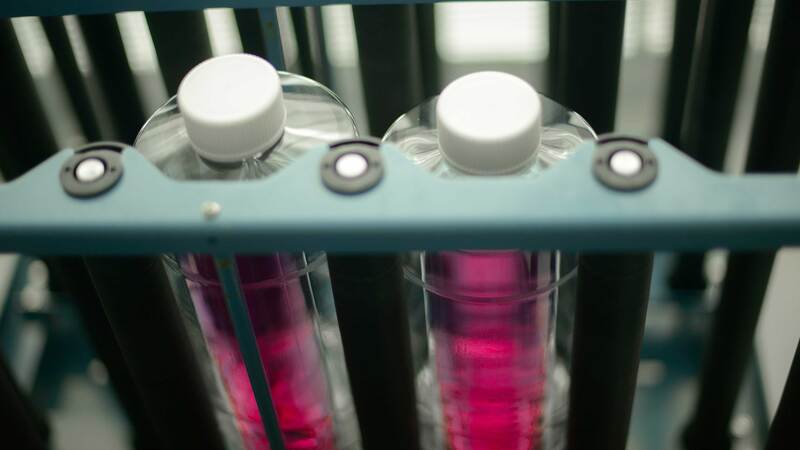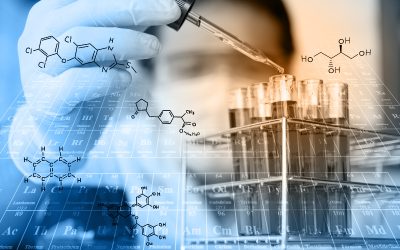Recombinant antibody production (RAP) is a rapidly growing field that is changing the way we produce antibodies. It involves the use of genetic engineering techniques to produce large quantities of specific antibodies for therapeutic, diagnostic, and research purposes.
In this article, you’ll explore what RAP is, how it works, and some of its potential applications.
What Is Recombinant Antibody Production?
Recombinant antibody production is the process of creating specific antibodies using genetic engineering techniques. It involves taking gene segments from different sources and combining them into a single gene sequence (a “recombinant DNA”) which can then be expressed in a cell line or organism.
This allows for the easy production of large quantities of specific antibodies with desirable characteristics, such as high affinity and specificity for their target antigen.
How Does It Work?
RAP starts with an individual gene segment that codes for a particular antibody component (such as a light chain or heavy chain). These segments are then combined into a single gene sequence which can be inserted into an expression system such as E. coli or yeast cells.
Once inside the expression system, the recombinant DNA will direct the cells to produce the desired antibody molecules. The resulting mixture can then be purified and used in various applications such as diagnostics, therapeutics, and research.
Applications
Recombinant antibody productionhas many potential applications in both medical and research fields. For example, it can be used to create monoclonal antibodies for diagnostic tests or therapeutic treatments; these monoclonal antibodies are often more precise than those created by traditional methods because they are produced from a single source.









